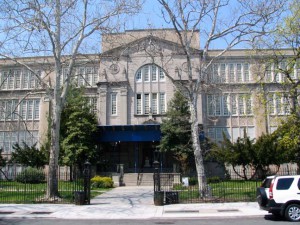Pablo Izquierdo
ENG 1101/Prof. Patterson
October 16, 2014
Facing Poverty with a Rich Girl’s Habits (Rhetorical Analysis)
What does it mean to be “conscious of your [social] class”? One could approach this problem by realizing that not all human beings live under the same situation. This is the reality that Suki Kim faced one’s she saw her dad go under bankruptcy. It was tragic for her but if one is always nurtured under very privileged conditions than one does not acknowledge what stand on the other side of such social class. All humans, disregarding any position in the social triangle, should be taught to live in multiple live styles. This way no one should face oppressive stereotypes such as Kim did when she recently enter junior high school and her classmates called her an “F.O.B., short for ‘fresh off the boat.’” Suki approaches the stories of many immigrants that, like herself, had to leave her country under nearly forced conditions under to avoid punishment. She uses the difference between wealthy immigrants that resided on Manhattan ones they arrived by their own will, in contrast, to her own story and the unfortunate situation that she faced. That way she portrayed the distinction of attitude that each had while they stayed at a foreign land.
Social class is important although never fair for the multitude and those who face poverty. The only way to avoid the drastic reality that life varies and that nothing is truly stable, is by training our youth to live in multiple lifestyles such as: survivalist deserters in the jungle to civilized businessman with proper manners. Kim learned that not only money provides stability but in order to reach higher places unity is key.
Facing Poverty with a Rich Girl’s Habits (Rhetorical Analysis)




